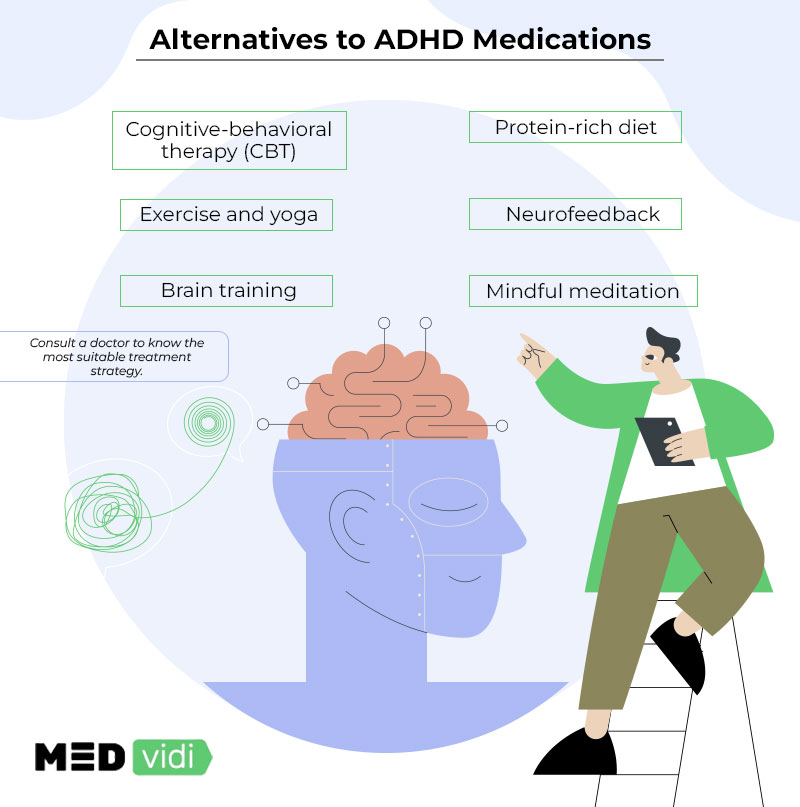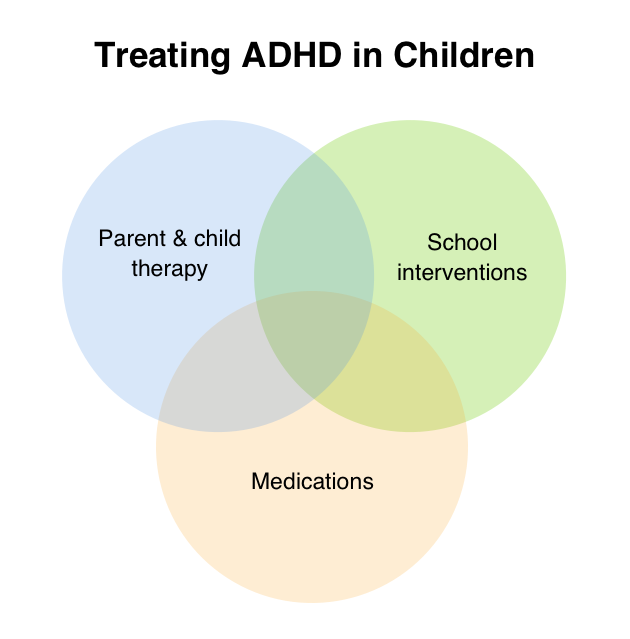Mental Health Services Focused for Improved Care Needs
Mental Health Services Focused for Improved Care Needs
Blog Article
Your Overview to Finding the Right ADHD Treatment for Long-term Results
Browsing the intricacies of ADHD treatment calls for a nuanced understanding of both the disorder and the myriad alternatives offered for efficient administration. It is vital to acknowledge that what works for one person may not necessarily produce the exact same outcomes for an additional.
Understanding ADHD and Its Impact

In grownups, ADHD can bring about difficulties in workplace environments, affecting productivity, time monitoring, and social connections. Usually, undiagnosed or poorly managed ADHD can add to co-occurring psychological wellness concerns, such as stress and anxiety and depression, more complicating a person's overall health.
The social assumption of ADHD can vary, resulting in preconception and misconception, which may prevent people from seeking assistance. As recognition grows, it is important to foster an environment that advertises understanding and assistance for those impacted by ADHD, highlighting the need for precise diagnosis and tailored methods to reduce its effect on daily life.
Summary of Therapy Options
An extensive strategy to treating ADHD incorporates a range of alternatives customized to the individual's one-of-a-kind demands. These options can extensively be classified into behavioral interventions, psychoeducation, and lifestyle adjustments, along with medicinal treatments that may be explored later on.
Behavioral treatments, such as cognitive-behavioral treatment (CBT), emphasis on modifying certain actions and developing coping strategies to handle signs and symptoms successfully. Psychoeducation plays a critical role in encouraging both people and their family members by offering information regarding ADHD, its challenges, and reliable approaches for support.
Lifestyle alterations can considerably impact ADHD administration. Routine physical activity, a well balanced diet regimen, and adequate rest add to total health and signs and symptom control. Mindfulness methods and relaxation strategies can also boost focus and decrease impulsivity.
Support system and household treatment can promote a feeling of neighborhood and understanding, aiding people really feel much less isolated in their experiences. Each treatment alternative need to be taken into consideration combined with the individual's choices and situations, ensuring an all natural approach that promotes long-term success. Inevitably, the goal is to develop a personalized therapy plan that addresses the specific obstacles related to ADHD while boosting total lifestyle.
Drug: Advantages And Disadvantages
Medication plays an essential role in the treatment of ADHD, with countless choices readily available that can substantially ease symptoms for numerous individuals. Stimulants, such as methylphenidate important site and amphetamines, are generally suggested and have shown efficiency in improving focus, decreasing impulsivity, and boosting general actions. These drugs work by enhancing dopamine and norepinephrine degrees in the mind, which are often dysregulated in those with ADHD.
However, using medication is not without its challenges. Some individuals may experience adverse effects, including sleeplessness, reduced cravings, or raised anxiousness. Finding the best dosage can be an experimental process, requiring close surveillance by health care professionals. In addition, not all individuals react to stimulant medications, leading some to click here for more explore non-stimulant alternatives, which may have a delayed beginning of action or various negative effects.
It is crucial for individuals and their family members to evaluate these advantages and disadvantages carefully. Stabilizing the advantages of sign monitoring versus possible negative effects is crucial for attaining optimum therapy end results. Cooperation with doctor can facilitate informed decisions, making sure that medication becomes part of a thorough ADHD management plan.
Behavior Modification Strategies

One frequently utilized method is Cognitive Behavioral Treatment (CBT), which helps people identify and alter negative thought patterns that add to ADHD-related difficulties. Therapist for ADHD. With CBT, customers learn to establish realistic objectives, manage diabetes depression time effectively, and establish business systems
One more efficient technique is Moms and dad Management Training (PMT), which informs parents on how to reinforce favorable behaviors and reduce unfavorable ones via regular discipline and communication techniques. This approach promotes an encouraging home environment that motivates behavior renovations.
Social skills training is also integral, helping people with ADHD navigate social communications better. Role-playing and modeling suitable actions can boost social proficiency and decrease stress and anxiety in social circumstances.
Way Of Living Adjustments for Better Management
How can way of living adjustments substantially enhance the monitoring of ADHD symptoms? Carrying out tactical lifestyle adjustments can bring about substantial renovations in emphasis, company, and emotional regulation for individuals with ADHD.
First of all, establishing an organized everyday routine assists in developing predictability, which can relieve feelings of overwhelm. Constant routines for dishes, study, and sleep can boost daily functioning.
Incorporating routine physical task is also important, as workout has been shown to increase dopamine levels, enhancing interest and inspiration (Therapist for ADHD). Aiming for a minimum of thirty minutes of modest workout most days can be helpful
Nourishment plays a pivotal duty. A well balanced diet regimen abundant in omega-3 fats, whole grains, and protein can sustain cognitive feature. Restricting refined sugars and caffeine might lower symptoms, as these can bring about power collisions and irritability.
Conclusion
In verdict, finding the appropriate ADHD therapy requires a multifaceted approach that considers individual requirements and choices. Collaboration with medical care specialists and open communication with assistance networks are essential parts in browsing the complexities of ADHD management, eventually leading to long-term outcomes and boosted quality of life.
Report this page